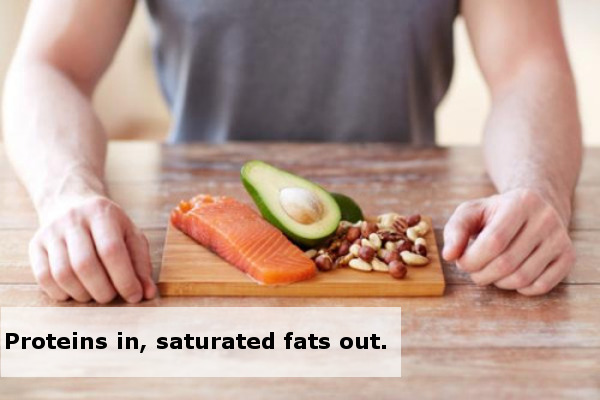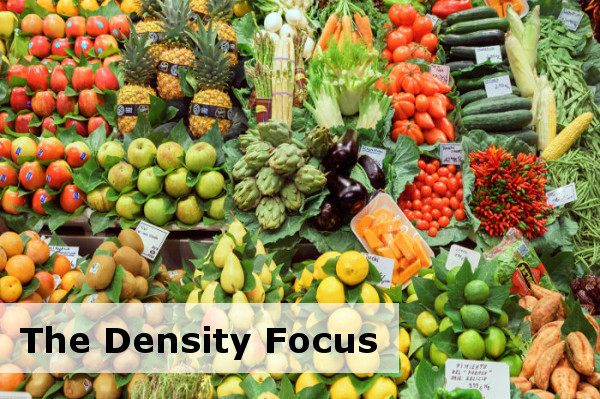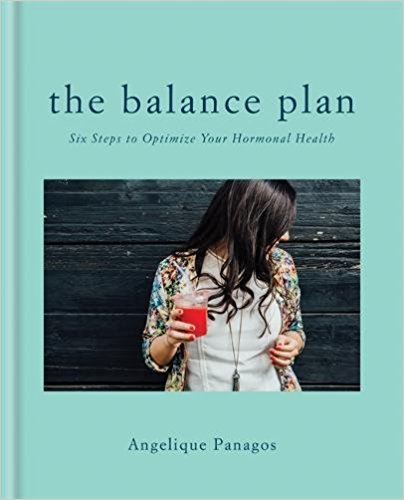The new Dietary Guidelines!
The world is abuzz with the release of America’s new Dietary Guidelines – a five-yearly document that influences national, and international, policy. So what do they say and what does this mean for us all?
The rainbow is in! Vegetables and whole fruits are championed alongside whole grains (which should make up at least 50% of total grain intake).
Red meat may be slipping off the menu, with citizens told to consume less than 10% of daily calories from saturated fats. However, protein remains aplenty with seafood, lean meats, poultry, eggs, legumes, nuts, seeds and soy all recommended.
Fats will feature on American plates, with oils earning their own category mention. Consumers are also recommended to opt for fat-free or low-fat dairy products and/or fortified soy drinks or milks as part of their regular diet.
History has been made, as the guidelines feature their first sugar limit (less than 10% of daily calories)! Salt levels are also referenced at less than 2,300 milligrams of daily sodium, with adults advised to keep alcohol consumption on the low.
Nutrient density, variety and quantities are your takeaway themes! Shoppers are urged to select from all the listed food groups, while respecting ‘appropriate calorie intakes’ for their personal health needs.
Home, school, work and community all get a mention; it seems everyone’s being encouraged to get in on the nutrition act!
A nutritionist’s thoughts…
Eating more of the rainbow, protein for balance, a focus on monitoring sugar and a wider sense of health-focused community. It’s about time we see these Angelique-approved themes being promoted to all!
Fats recognised as intrinsic to health must also be praised – all the latest research support this focus, as explained in my Fats of Life piece.
BUT there are still question marks!
No fat and low fat foods form one of the recommended guidelines, but all too often these remove the good fats and include more of those salt and sugar additives we’re looking to reduce! And how will consumers respond to percentage-based recommendations? I’m not so sure!
I’d love to dive into these (and many other) aspects with you, help you understand your personal nutritional needs, and share more on my personal foodie ethos. Do leave a comment or get in touch for more.
Nourishing well wishes,
Angelique
Consult your doctor or health care practitioner for any health problems, and before embarking on any new health regimes, using any supplements or before making any changes in prescribed medications or food programmes.




















10% of added sugar a day seems excessive. I would have expected at the most 2-3 times a week. Surely having the equivalent of one full coke a day isnt great. especially when you are probably having natural sugar too in your fruit and veg.
Hi Jenn,
Great to hear from you! You’re spot on – 10% is still too high for optimal health; especially if those sugars come from refined grains and added sugars, like soda pop (which I say nobody should be drinking!). That said, 70% of Americans are currently exceeding this limit, so recognising the need to monitor and reduce sugar intake is a small step in the right direction.
I’m all for celebrating the start of the ripple effect that can come from increased public awareness (and health!) and conversations such as this. My own advice is to reserve sugar for ‘occasional consumption’, always favouring natural whole food products over anything refined.
Thank you so much for raising this fantastic question, I hope we’ll see you again!
Angelique
desperate to try and take control of my sugar intake for health and weight reasons, but feeling overwhelmed… I’m thinking seeing results quickly would keep me focused, how long do you think it takes to feel the health benefits
I am so pleased that you want to take control for your own health. I have seen from my own experience and in clinic that the time a lifestyle change is easy to make is when we are truly ready!
I know that it can be overwhelming, I have totally been there myself. But start with small steps in the right direction. I would say if you stick to eating a healthy balanced diet you could start feeling the benefits within a couple of weeks- saying that we are all biochemically different so we cant time stamp it. There is no quick fix, the best thing to do is to start.
Have a look at these blogs to get you started and if you’d like, join my newsletter which has additional tips, blogs and recipes.
https://angeliquepanagos.com/newsletter/
Blogs
https://angeliquepanagos.com/healthy-kitchen-cupboard-spring-clean/
https://angeliquepanagos.com/finding-blood-sugar-balance/
https://angeliquepanagos.com/can-eat-sugar-still-healthy/
Hope these help and please let me know how you are getting on.
Hi I loved watching the sugar free farm! I am passionate about healthy eating. Can you recommend any courses in Kent to learn more about nutrition?
Hi Charlotte,
I am so pleased you enjoyed the show!
I don’t know anywhere specific in Kent but have a look at the Institute for Optimum Nutrition where I qualified, they have online courses too.
Let me know how you get on.
Hi Angelique
Regarding fruit, do you believe, even though fruit has wonderful properties such as essential nutrients and fiber, as a nation we have been brainwashed into thinking it’s fine to eat it in abundance. Some people graze on fruit all day, everyday!! I think the message should be that fruit can be enjoyed, but only as a treat and that vegetables should be eaten as a first choice for a snack instead. Bearing in mind also, that fruit these days has to be modified to grow much sweeter than years ago to accommodate our inability to taste natural sugars due to people’s high processed diets. I’m really interested in your thoughts on this as I understand that the ‘fruit’ topic is a very sensitive one?
Thanks Jules
Hello Jules,
Thank you for getting in touch!
Whole fruit has many valuable nutritional properties and it forms part of a healthy balanced diet. Saying that, we should only be aiming for a couple of portions of fruit a day and not graze on it all day long.
I agree with you, increase daily intake of vegetables and have them as your go to snack. I recommend 5 portions of vegetables and up to 2 portions of fruit a day while keeping the fruit as seasonal as possible. We are not meant to eat grapes all year round!
Yes, the fruit has been modified to be sweeter to adapt to our changed palate, they are bigger, seedless, and more uniform in appearance- a far cry from their wild ancestors. We are naturally programmed to seek out energy giving foods and struggle with the ‘off switch’ when it comes to fructose/ sweet tasting foods.
So keeping everything in balance and having a varied diet is key!